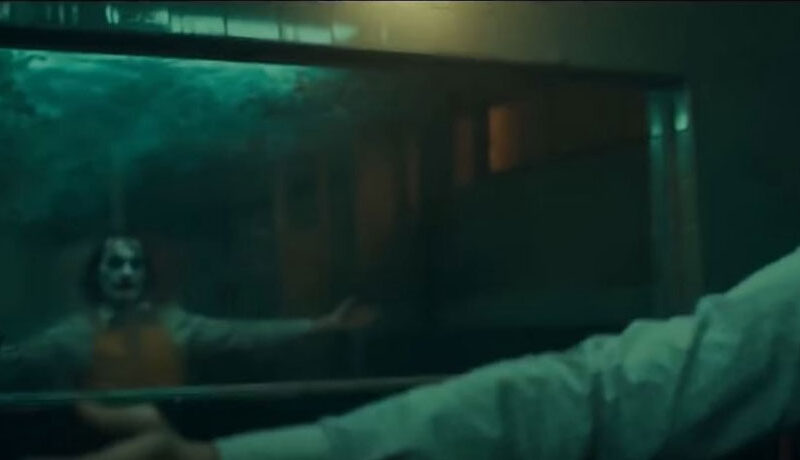Can toddlers learn sign language by watching DVDs?
Can toddlers learn sign language by watching DVDs? https://mediatrics.com/wp-content/themes/corpus/images/empty/thumbnail.jpg 150 150 Mediatrics Mediatrics https://mediatrics.com/wp-content/themes/corpus/images/empty/thumbnail.jpgQ: In your NPR Parents’ Journal interview, you stated that children under the age of 30 months do not learn anything about language from TV programs, but I disagree. My 17-month-old daughter is not allowed to watch entertainment TV, but since she was 9 months old, she has watched a baby signing language DVD series about 3 times a week. Now she knows about 80 signs (and about 60 spoken words), and learning sign language as a family has greatly enhanced our relationships because she can tell us what she needs without crying and throwing a tantrum. I feel strongly that the 1-2 hours of media exposure a week are making her toddlerhood much less frustrating and are worth whatever negative effects are possible. I would love to hear your thoughts on this matter.
–Serious about Signing, Baltimore, MD
A: Dear Serious about Signing,
Thank you for raising this important issue. My own young children signed when they were your daughter’s age and I absolutely agree that baby sign language can be a wonderful tool for allowing pre-verbal children to communicate more specifically than they can with cries of distress. It sounds like the simple signs that you and your child are learning are making a world of difference, and the DVDs seem to be giving you a good deal of useful guidance.
In terms of what children under 30 months can learn from screens, research on brain development suggests that they can learn to imitate. Imitation is certainly useful—as you’ve experienced, imitation can provide a tool for asking for something specific, like milk. But their brains are not really ready to develop verbal language.
So what is going on here? Most likely, your daughter is learning to imitate motions from the DVDs and, most importantly, from you. You respond to the motions by giving her what she’s asking for, so the behavior is positively reinforced—and she’ll imitate signs on the screen even if you don’t see them because she knows that you will respond. If you responded inconsistently or not at all to her signs, however, she would probably stop using them.
What that means is that what she sees on screen is only important because you support it. And since you do, her signing is helping her create a practice of communication, which will probably serve her well when she moves on to words. Just know that what’s best for brain development at this age is manipulating her physical environment, creative problem-solving play, and time spent interacting with you—and since signing is something you do together, that works. Screens on their own won’t provide her with any of those three things.
Enjoy your media and use them wisely,
The Mediatrician




